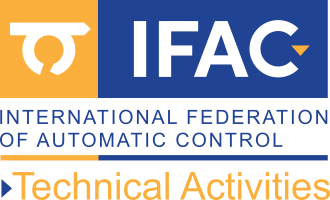Scope
The IFAC Technical Committee on Control for Smart Cities is established under the Social Systems Technical Area. The main objective of this committee is to promote the research and education of control and automation for smart cities. This involves but is not limited to the following aspects.
- Buildings: energy efficiency, energy saving, demand response
- Energy systems: power distribution network, microgrids, renewable energy integration, multi-energy synergy
- Transportation: logistics, traffic management, fuel efficiency, electric vehicles
- Mobility: parking control, minimize travel time and CO2 consumption and price
- Water system management: clean water, water distribution, water treatment
- Security: emergency response, resilience, city monitoring, cyber-physical security
- Carbon & Pollution control: carbon emission control, carbon neutrality, pollution monitoring and control
To make cities smart, a technological infrastructure is required to connect networks of sensors and actuators embedded throughout the urban terrain, and to interact with wireless mobile devices. Smart city is a great example for cyber-physical systems and internet of things, and is a rich domain for research and education.

